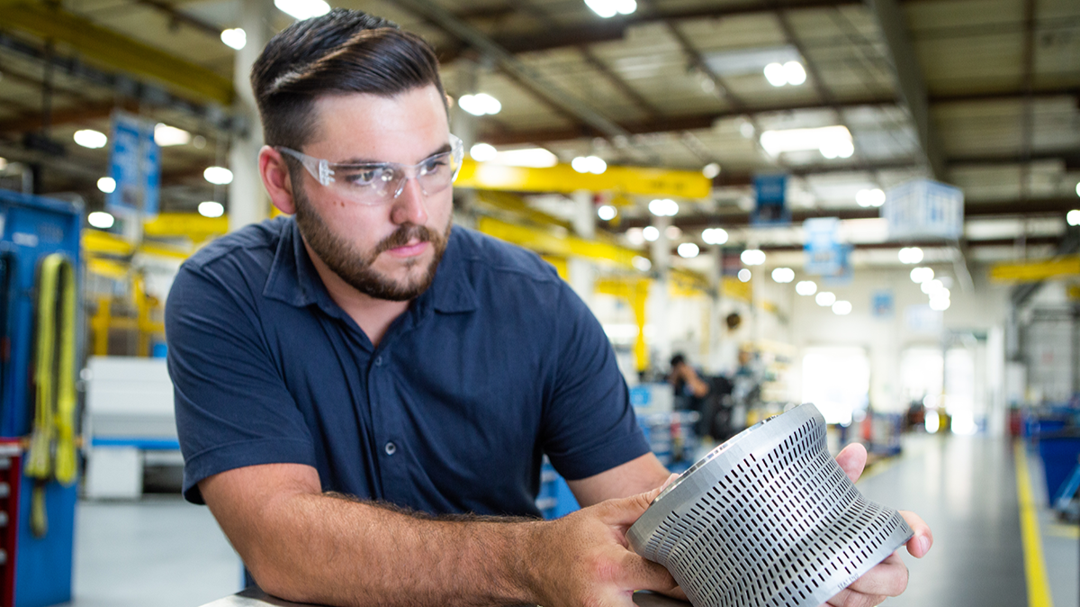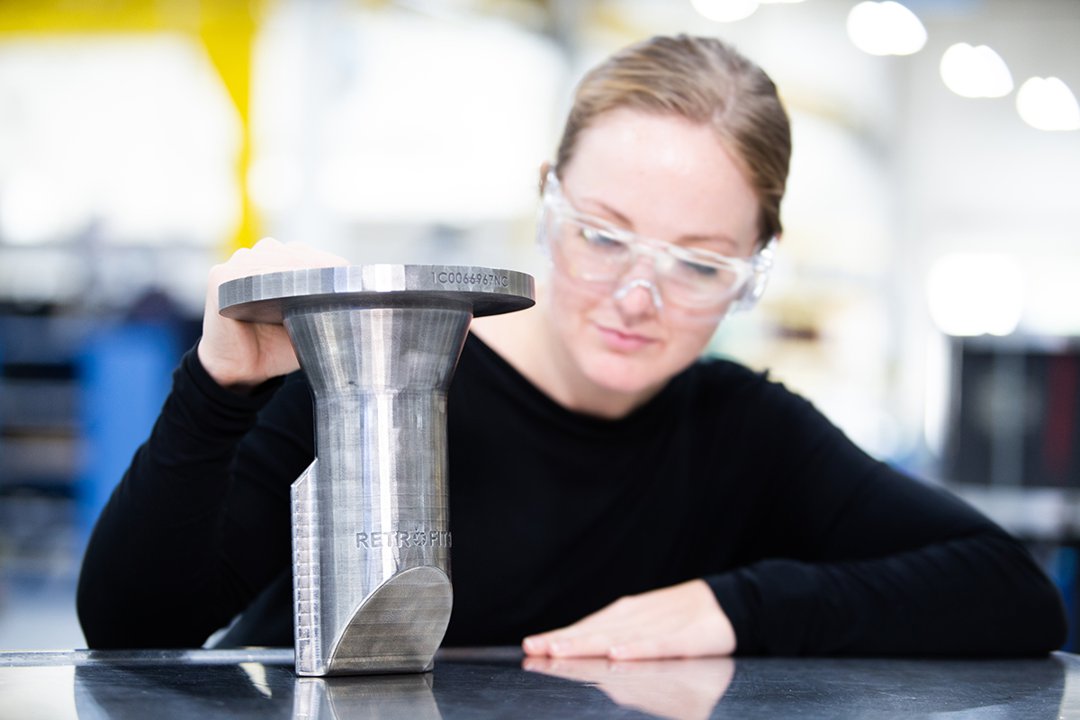Ricardo has applied its expertise in life cycle assessment to help IMI Critical Engineering quantify the environmental impact of its Retrofit3D solution.
Ricardo plc, a global strategic environmental and engineering consulting company has undertaken an in-depth life cycle assessment of aftermarket valve components, which has concluded that additive manufacturing has a significantly lower impact on the environment.
Commissioned by IMI Critical Engineering for its additive manufacturing technology Retrofit3D, the study identified opportunities to reduce the climate change impact of certain replacement valve parts. As part of this process, the valves’ global warming potential can now be reduced by between 85%-96% depending on valve size and repair scenario.
IMI Critical Engineering designs and manufactures highly specialised valves and actuators to help control the flow of steam, gas and liquids serving the oil and gas, petrochemicals, water and power industries. The valves used in these sectors are subject to harsh operating conditions, which can lead to deleterious phenomena such as erosion or cavitation. When this type of damage is found, upgrades are required in the form of a new disk stack.
Ricardo was asked by IMI Critical Engineering to apply its expertise in life cycle assessments to determine the environmental impact of three replacement scenarios for two different valve sizes (large and small). These scenarios included: replacement of disk stack via only traditional manufacturing methods; replacement of the full valve via traditional manufacturing methods; and replacement of the disk stack only via additive manufacturing.
The life cycle assessment found that the additive disk stack replacement manufactured by Retrofit3D was the preferable scenario across all the environmental indicators analysed. The small valve resulted in 146kg of carbon dioxide equivalent when the Retrofit3D additive manufacturing process was used to produce the replacement disk stack. The large valve resulted in 1,360kg of carbon dioxide equivalent using the same process.
All calculations were based on an assumed system lifetime of ten years. For the large valve, this represented a 96% climate change impact saving when compared with replacement of the full valve via traditional manufacturing, and a 94% saving when compared with replacement of the disk stack only via traditional manufacturing. For the small valve, it represented a saving of 87% and 85% respectively. Any use efficiency savings were not accounted for in this study due to the wide range of potential use scenarios. If these were accounted for, the savings may be higher.
Analysis of the downstream transportation methods for the new valve and components showed that transitioning from air freight to 80% sea freight and 20% road freight would reduce the total climate change impact in all replacement scenarios by 97%.
Sam Hinton, Head of Life cycle Assessment at Ricardo said:
“Corporations are increasingly challenged to take active steps to minimise their environmental impacts and communicate this in a robust manner, free from green washing claims. Ricardo has provided IMI Critical Engineering with a thorough life cycle assessment that has been critically reviewed and considers 16 environmental indicators. It identifies that the Retrofit3D solution has the lowest impact of all the scenarios assessed for all 16 indicators. In short, it can achieve the greatest decarbonisation potential, without shifting burdens to other environmental issues. IMI can now communicate the reduced environmental impacts associated with its solution confident in the knowledge that this is backed up by a thorough life cycle assessment of the comparative solutions.”
Bertrand Maillon, Retrofit3D Business Leader at IMI Critical Engineering, added:
“3D printing is a game-changing method for valve manufacturing. Improving reliability and performance while offering, in Retrofit3D, a less materially intensive solution is essential for us and our customers. This technology is a disruptor for maintenance, repair and operations and spare parts supply, and promises a great future for innovative flow control solutions.”
To download a free copy of the report, visit: https://go.imi-critical.com/retrofit3d/lca-report




